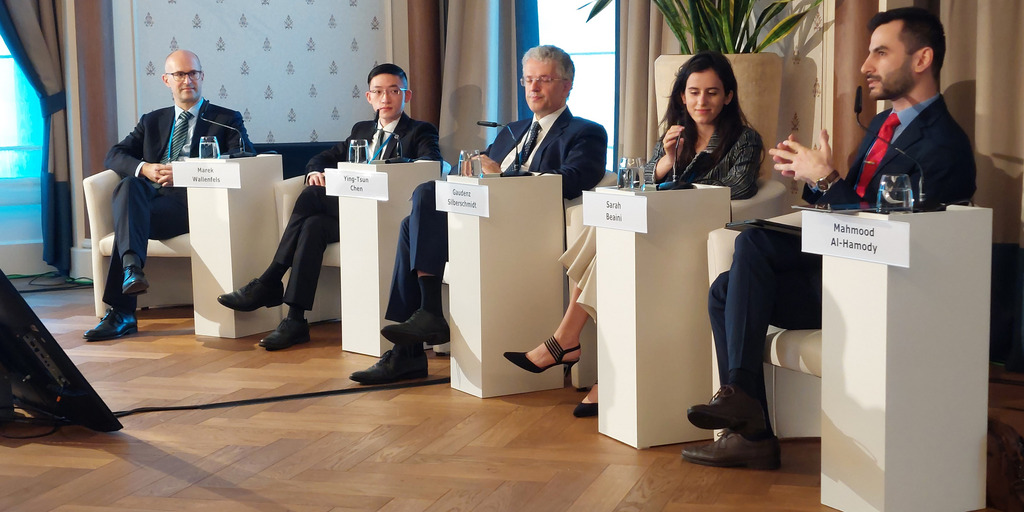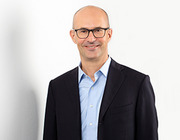"Young people are one of the biggest demographics on our planet. They are the core of prosperous communities, not only as a building block for the present and the future, but also as crucial catalysts and an enacting agents of development and change," said Mahmood Al-Hamody, Vice-President for External Affairs of the International Federation of Medical Students' Associations (IFMSA), in his opening remarks.
Based on the experiences and insights they gain from interacting with their environment, it is essential to recognize all young people as equal actors in decision-making, and therefore to ensure their active participation so that they can contribute to their own development, as well as that of their environment, Mahmood Al-Hamody affirmed.




